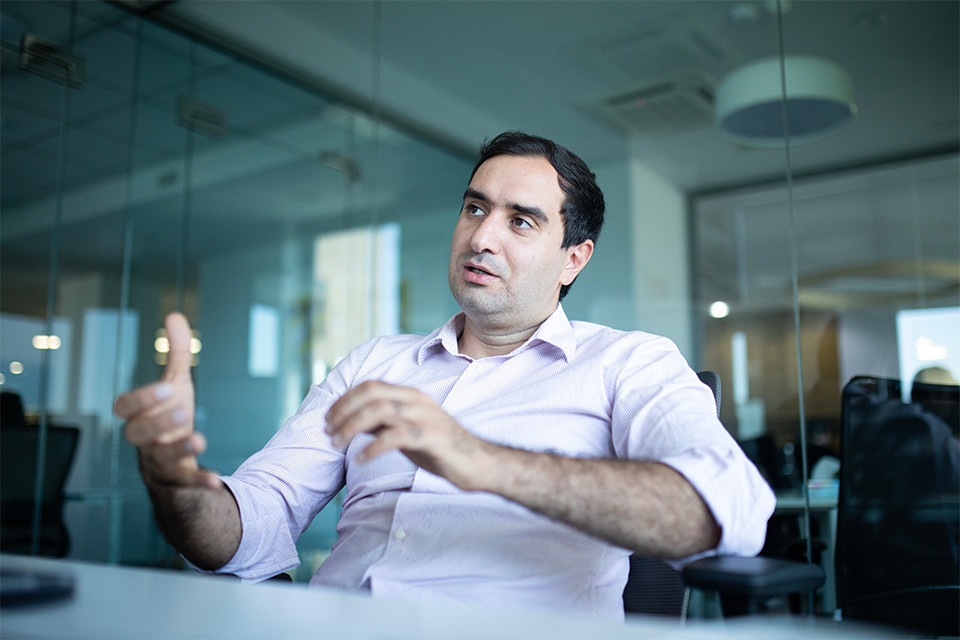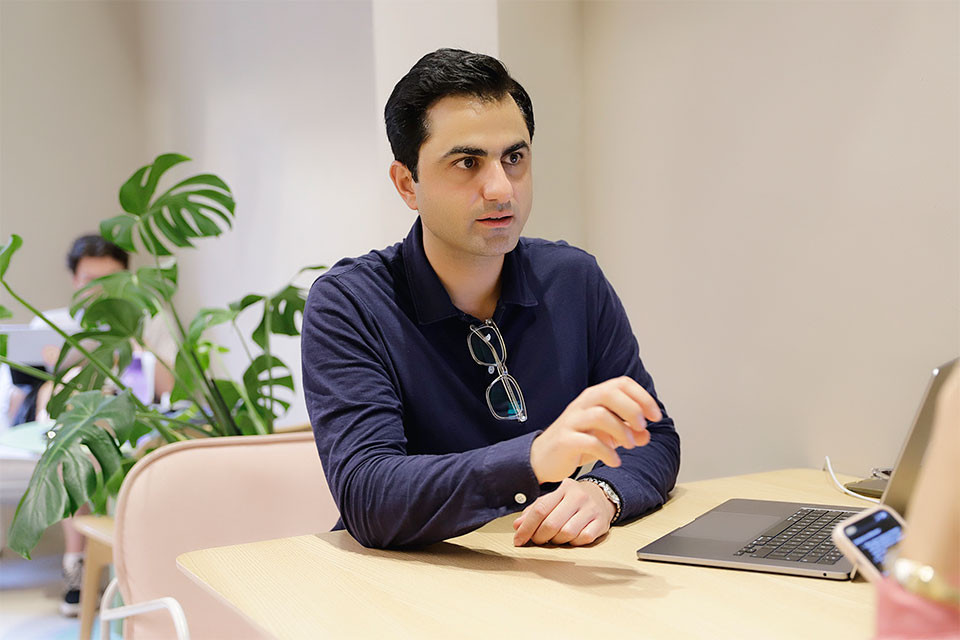-
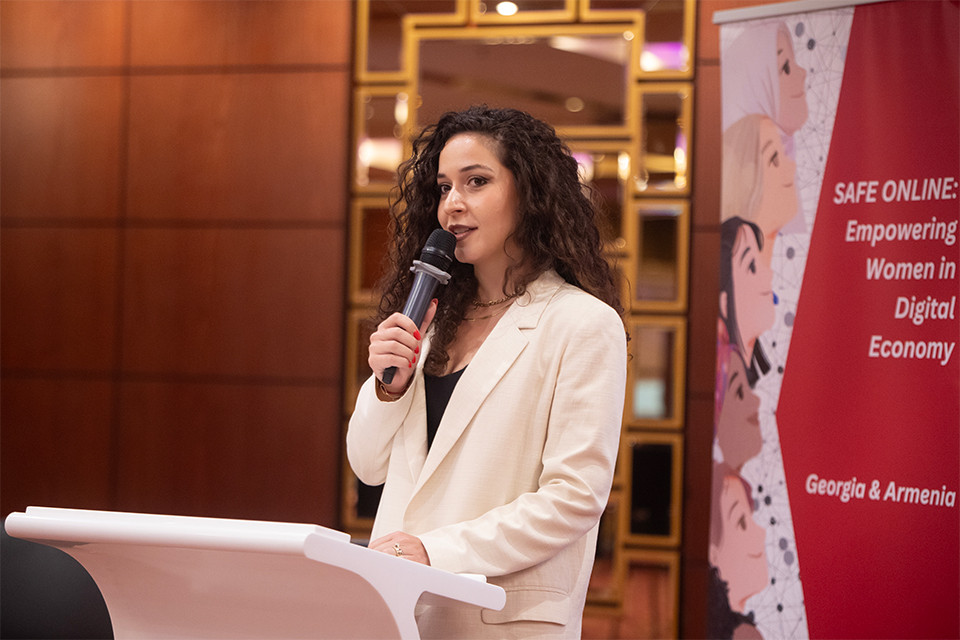
-
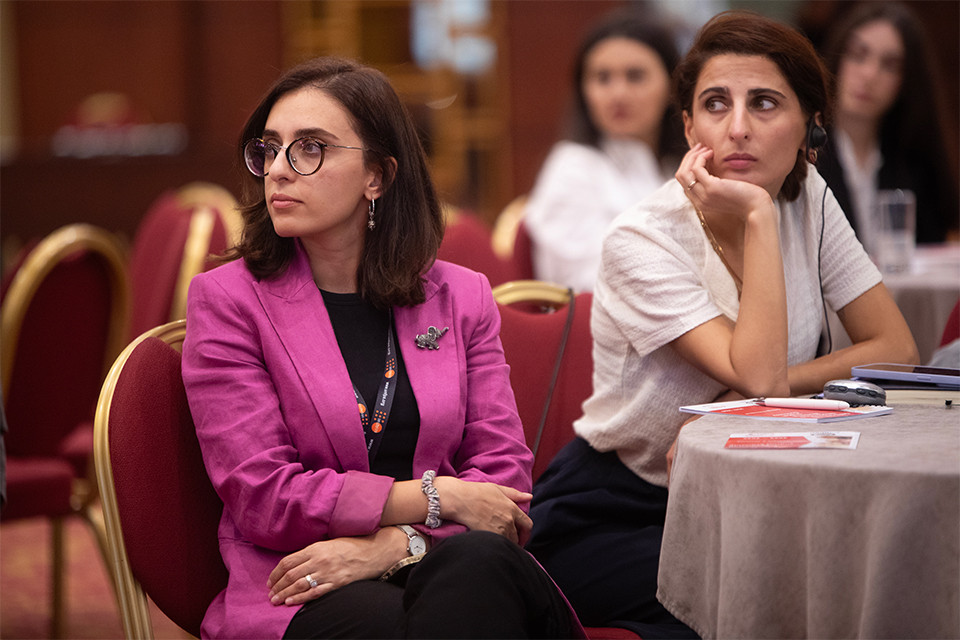
-
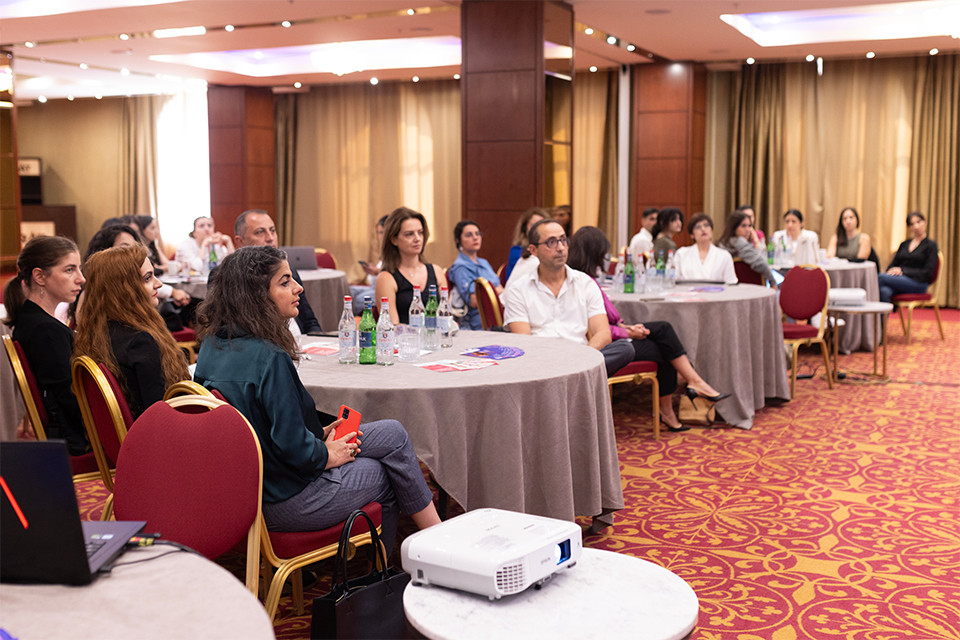
-
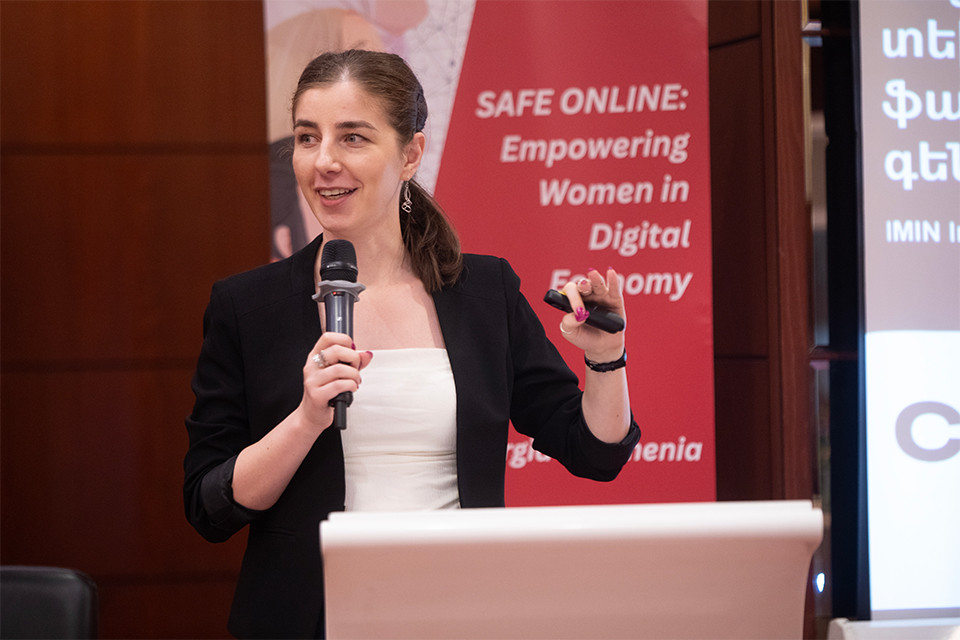
Anahit Hovhannisyan
-
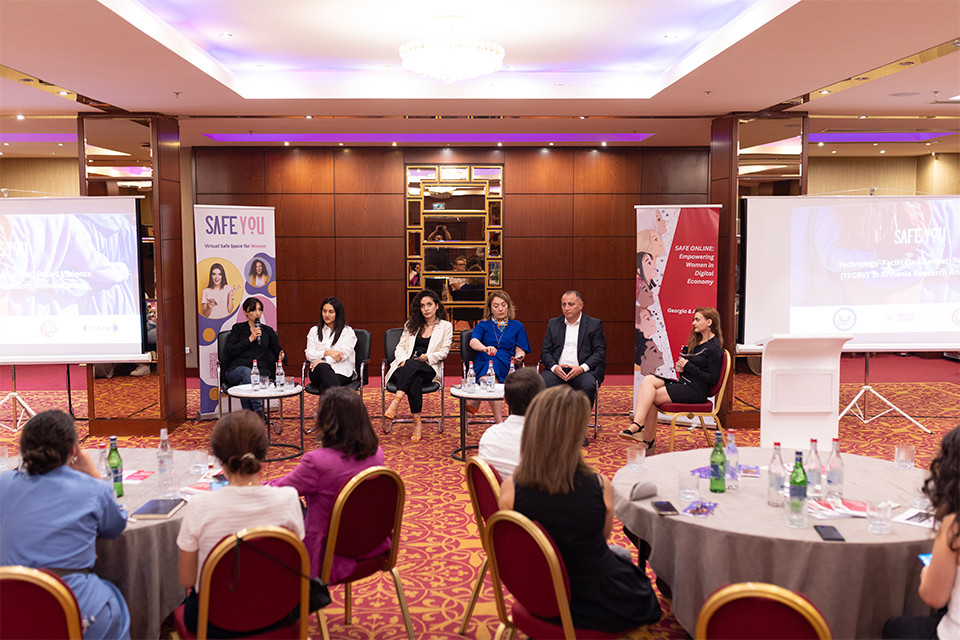
-
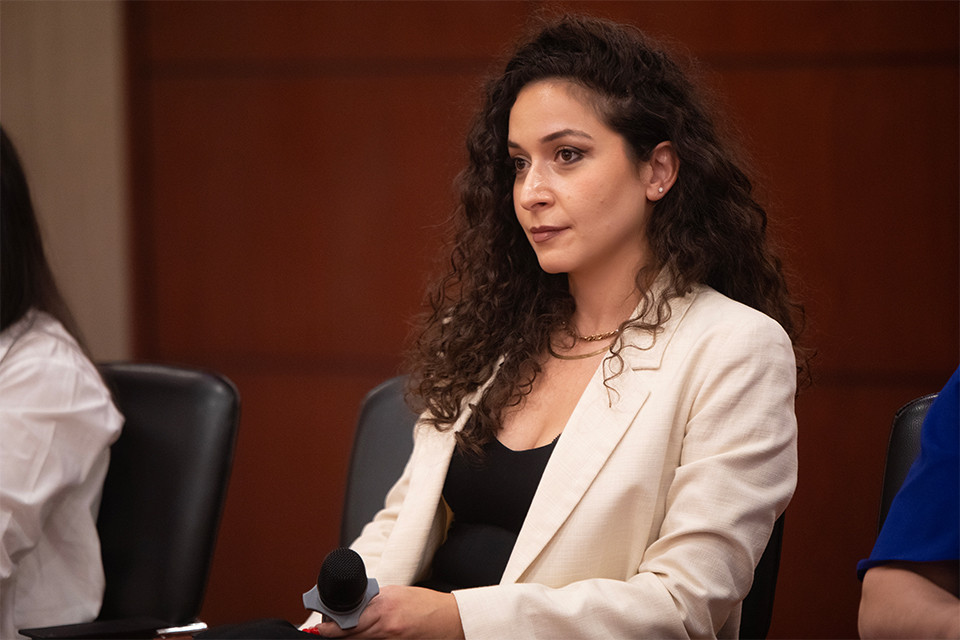
Mariam Torosyan
-

Nino Chubinidze
-
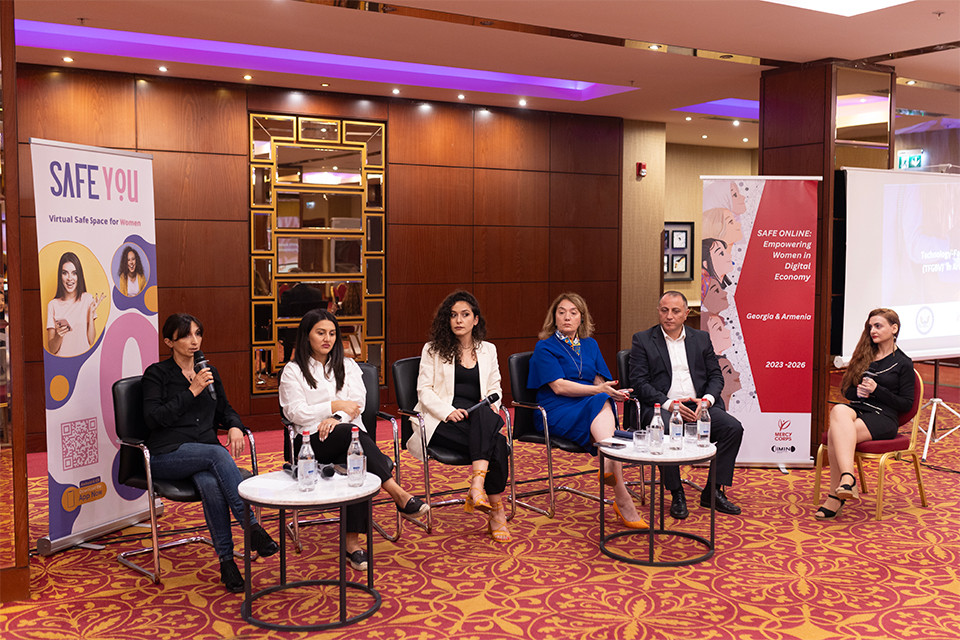
-
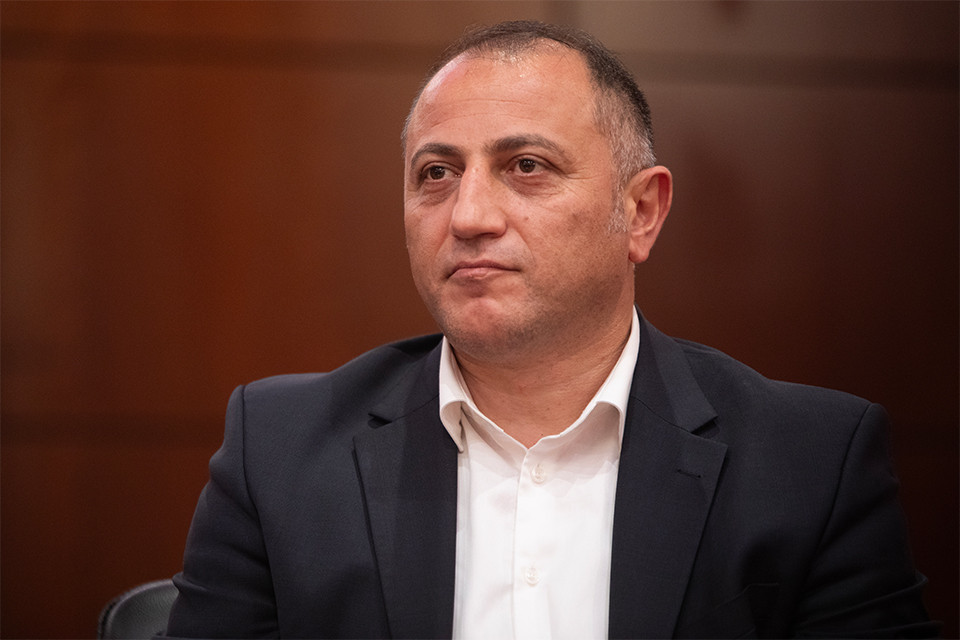
Sevak Hovhannisyan
-
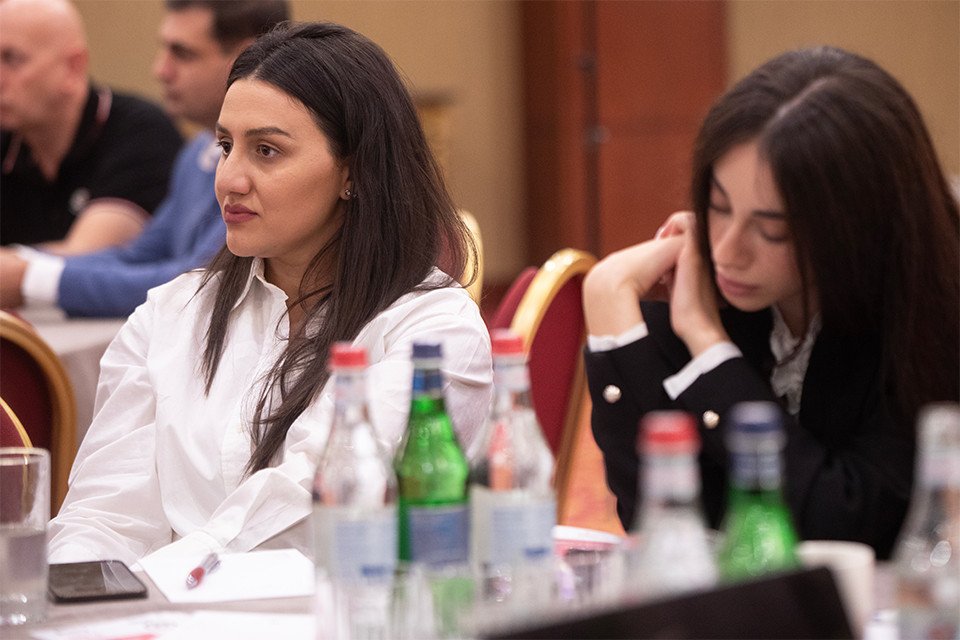
Sofi Bostanchyan
17:52 | 30.09.24 | Articles | exclusive 18124
Safe YOU Presents Research on TFGBV
Safe YOU, in collaboration with the Civitta Armenia Research Center, has presented a report on Technology Facilitated Gender Based Violence (TFGBV) in Armenia.
The research examines TFGBV, focusing on its prevalence within the context of Armenian businesses and e-commerce, and addresses the threats to individuals’ safety, particularly women and girls.
TFGBV encompasses various harmful digital behaviors, including cyberstalking, cyberattacks, the distribution of intimate images and unwanted images of sexual organs, and sexual exploitation.
The study analyzes Armenian legislation, identifying significant gaps and comparing it with international best practices, highlighting areas for improvement. The lack of a clear definition of TFGBV and the absence of official statistics are seen as major obstacles to developing effective policies.

The research provides recommendations for legislative reforms and enhanced support systems to protect women both online and offline. The report outlines various forms of TFGBV, carefully studying and analyzing relevant legislation, reports, articles, and publications from five initially selected countries.
“The survey analysis highlights the widespread nature of TFGBV and its profound impact on women’s personal and professional lives. Women of all ages, especially younger ones, face online targeting, with social media being the main platform for such harassment. Despite attempts to protect themselves by reporting incidents and seeking support, challenges such as fear of revenge and inadequate mechanisms maintain the impunity of online violence.
 Anahit Hovhannisyan
Anahit Hovhannisyan
The findings stress the urgent need for comprehensive measures to improve online safety, emphasizing better accountability and creating strong support systems to protect and empower women,” summarized Anahit Hovhannisyan, a partner at Civitta, during the report presentation.
 Mariam Torosyan
Mariam Torosyan
Mariam Torosyan, the founder of Safe YOU, commented on the research, stating that the first step in combating the phenomenon is to define the issue clearly.
“Working against an issue without clearly defining it as a problem is nearly impossible. This research is one of those steps - to identify and bring to light the problem in its early stages. We receive numerous cases where women are blackmailed with the threat of publishing indecent photos, among other things. To solve this issue, we need to create an integrated environment of and effective communication, where everyone can contribute.
From Safe YOU’s perspective, we need to properly present the issue to our audience and create content that raises awareness, informs the broader public, and, within the digital space, provides safety tools and outlines the steps for preventing and combating TFGBV. We are happy to contribute to this work,” said the founder of Safe YOU.

Sofi Bostanchyan, Head of the Human Trafficking and Women's Issues Division at the Ministry of Labor and Social Affairs, emphasized the importance of state-private sector cooperation in this field.
“I started thinking about the issue of TFGBV recently when I had the opportunity to hear the story of a woman living in a shelter, who, despite being in the shelter, continued to be a victim of violence because her husband was sharing pictures of her and her children online, issuing numerous threats, and trying to defame her. I realized how open this field is, and when our partners at Civitta invited us to discussions, we shared such examples.
 Sofi Bostanchyan
Sofi Bostanchyan
The research is important for us as policymakers to understand the gaps and where we need to work. Our department is ready to respond to stereotypical issues more concretely and substantively, and it is crucial to have a research basis for providing proper solutions,” said Sofi Bostanchyan.
 Nino Chubinidze
Nino Chubinidze
Nino Chubinidze, head of the “Safe Online Environment” program at Mercy Corps Georgia, highlighted the readiness for cooperation between the two countries and the importance of setting a precedent in the region.
“Thank you for this high-quality research. I believe this is a good start for our countries, Georgia and Armenia, in the fight against TFGBV. We are the first in our region to address the issue of TFGBV, and we see that the government of Armenia, as well as the public and private sectors, are ready for these discussions and further developments,” said Nino Chubinidze.
“Social and digital platforms have become an integral part of our lives and are gradually occupying a larger space, which will lead to the spread and intensification of TFGBV issues. For a comprehensive and effective solution to the problem, it is necessary to involve the research community as well, and in order to develop effective policies, it is essential to define the problem and its scope, bringing quantitative measurements.
 Sevak Hovhannisyan
Sevak Hovhannisyan
For us, it was a major revelation to understand and study this problem. The research was experimental and pilot in nature, where we mainly targeted Safe YOU app users by utilizing the existing database. This research can serve as a methodological basis for future more in-depth and complex studies,” said Sevak Hovhannisyan, partner at Civitta Armenia.
This research was conducted as part of the “Safe Online Environment: Empowering Women in the Digital Economy” program. It is a 3-year initiative implemented by Mercy Corps Georgia in Armenia and Georgia with support from the U.S. State Department’s Bureau of Democracy, Human Rights, and Labor. In Armenia, the program is carried out by the Impact Innovations Institute Initiatives Foundation, and in Georgia, by the Center for Strategy and Development (CSD).
The full research is available here.

17:29 | 24.09.25 | Articles
Jacopo Losso on Cross-Border Investments and Why Armenia Attracts Angels


